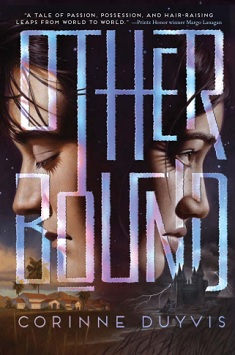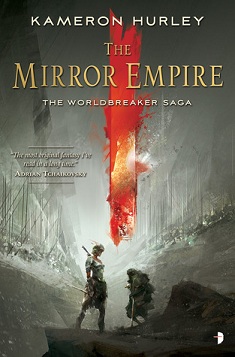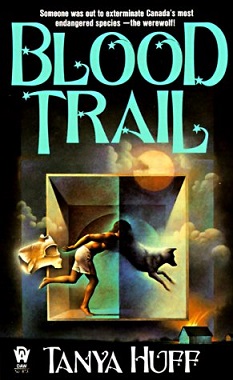Over at Europa SF, Dutch writer and critic Peter Kaptein explores the possibility of a pan-European organisation/movement for the fantastic in its broadest form:
We are not just writers
I do not believe in an European Writers Association. I don’t believe in a movement that focuses on only one aspect of our branch of art.
I do believe in an European Speculative Arts Association (or European Fantastika Creators or European Creators of Fantastika Association as it might be called).
Because we are more than just writers. We are also scholars, movie makers, animators, comic book artists, illustrators, sculptors, street artists, musicians, theatre makers and festival organizers.
We should not cut off the many possibilities for collaboration that can propel European SF, Fantasy and Horror to creative heights far beyond what the American and British market have reached until now.
What Kaptein is proposing is a way to structure and strengthen the ties between the various national science fiction/fantasy scenes throughout Europe without necessarily assimilating them into the Anglo-American juggernaut. What we have currently is that each country is influenced by what happens in English language science fiction, be it movies, novels, computer games or whatever, that a few writers and other creators get translated and assimilated, but that cross pollination between local European scenes is rare: both Belgian and Bulgarian writers are influenced by the American or British writers they read, but they don’t influence each other.
At the same time, while the Anglo-American science fiction world is becoming more open to outside influences, it’s still a process in which selected writers “break through” and become part of that world, but there isn’t yet a systemic interchange of ideas and influences, certainly not on any basis of equality. Projects like Clarkesworld’s Chinese science fiction translation project help a bit, but aren’t nearly enough to redress the balance.
So it makes sense to look for ways in which we can create a truly international, pan-European form of science fiction, where Polish writers are read in France and are inspired by the work of artists from Spain who in turn admire the radical works of Croatian film makers. How to go about this though? Do we need some sort of international organisation, something akin to an European SFWA but broader, as Kaptein is looking for?
Perhaps. There’s already the European Science Fiction Society, which organises Eurocons and the European science fiction awards, but that’s more rooted in fandom; it’s mission could be extended if the will is there. Perhaps we need a more European way of recognising worthwhile authors and other creators in foreign languages, perhaps we need a Eurovision Science Fiction Contest instead. Imagine having e.g. short stories from every country in Europe compete with each other, voted on by fans all over the continent. Wouldn’t it be great to discover Polish or Romanian authors that way?
Ironically, in whatever way we want to strengthen and create a truly pan-European science fiction scene, we will remain dependent on English in order for Dutch fans to be able to communicate with e.g. Greek ones (or indeed, considering both Kaptein and I are Dutch, each other). Like it or not, English is and will remain the lingua franca of the speculative fiction community. Not there’s anything wrong with that, as long as we non-native speakers also get a chance to have our say…


